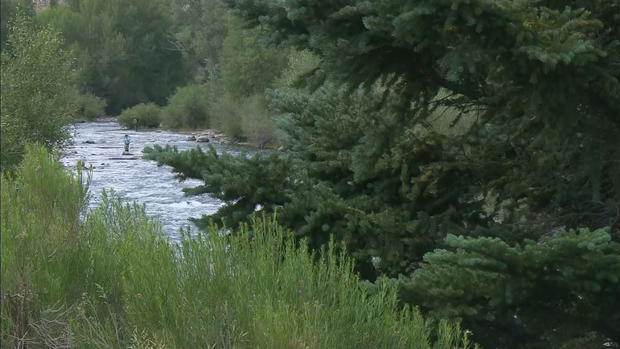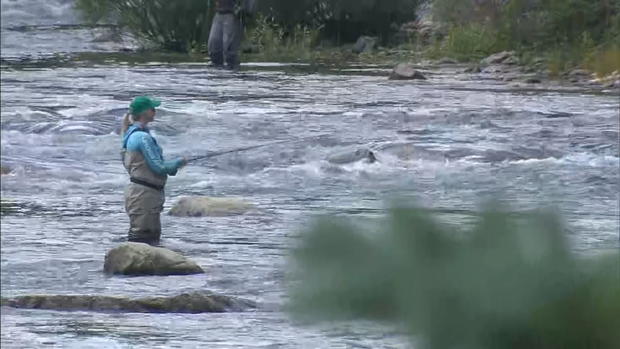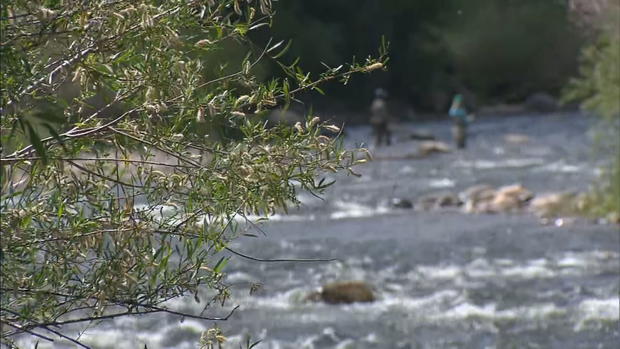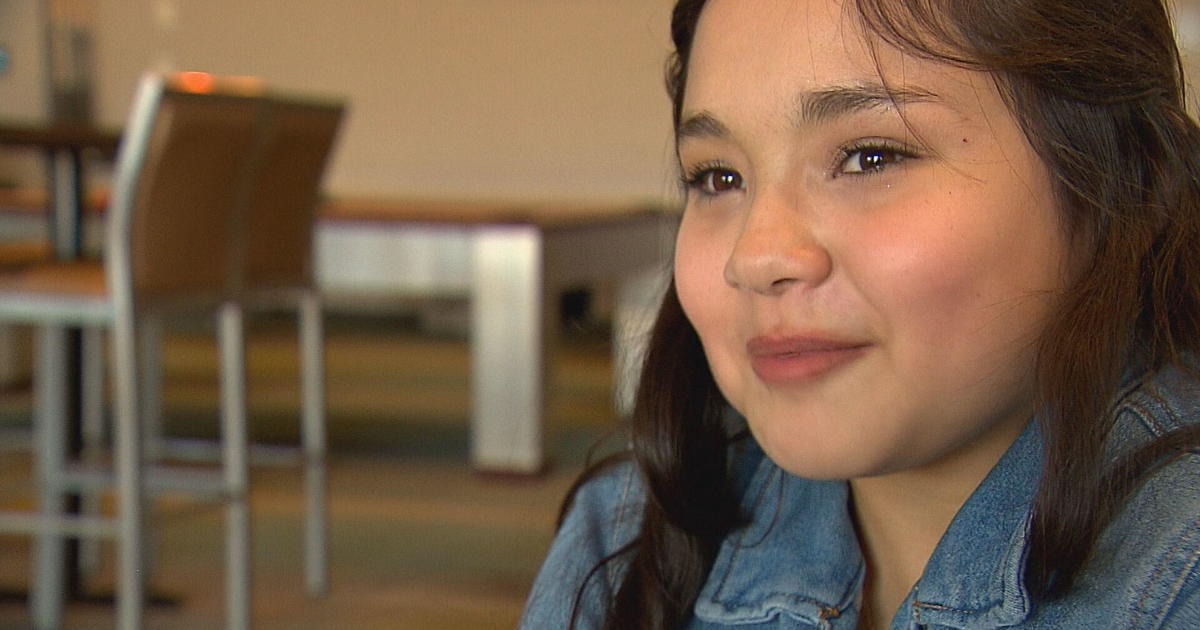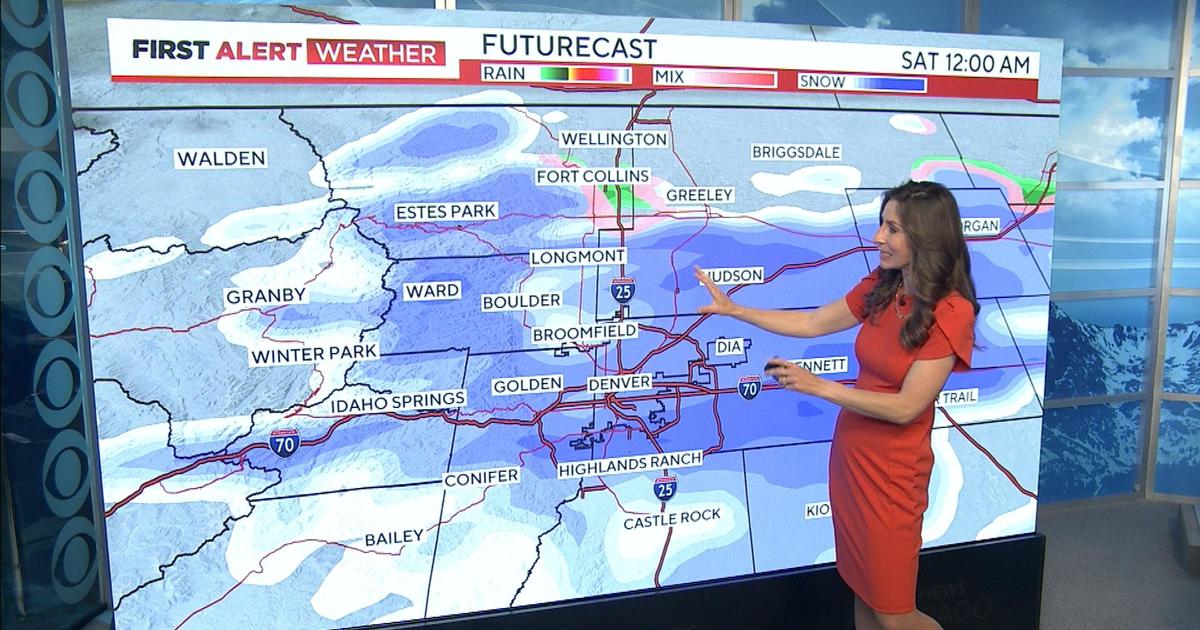Voluntary Fishing Restrictions On Colorado River Could Become Mandatory If Conditions Don't Improve
KREMMLING, Colo. (CBS4)- The voluntary fishing restriction for the Colorado River could become mandatory if conditions don't improve; this summer, the restrictions are hitting the state's waterways earlier than ever.
"I've talked to a few of our folks that are retired now, and nobody I've talked with can remember an extensive closure like this as a result of temperatures or flows. We have had closures in the past related to things like mudslides debris flows, and that sort of thing but as far as environmental conditions like temperature and flow go, this is a pretty unique situation," said Billy Atkinson, an aquatic biologist with Colorado Parks and Wildlife.
Right now Atkinson a section of the Yampa, beginning at Stagecoach Reservoir, is the only stretch of river with a mandatory closure but it was needed. Water temperatures are rising and flows recently dropped to 10% below average.
The process for a permanent closure is more in-depth than voluntary restrictions like those placed on the Colorado River recently.
"If we have to take a closure off and put it back on, which we don't like to do, it's easier if it's a voluntary closure," said Atkinson.
There is a small chance the restrictions could be lifted on the Colorado River, but as many areas broke record high temperatures Friday, it didn't seem promising.
"This is very early, you know we did have a closure last year, but that wasn't implemented until the middle of August," Atkinson continued, "This is reminiscent of 2002, we had bad years in between now and then but this is reminiscent of 2002 and even, you know, likely could be worse."
Atkinson is primarily concerned about the aquatic life the rivers support: both the sport fish and the native populations. He says these temperatures could have detrimental impacts to both and hopes anglers take it upon themselves to help.
He says water temperatures are most harmful when they begin to reach above 60 degrees. He recommends that people bring a thermometer with them and head to higher alpine waters if things become too warm.
